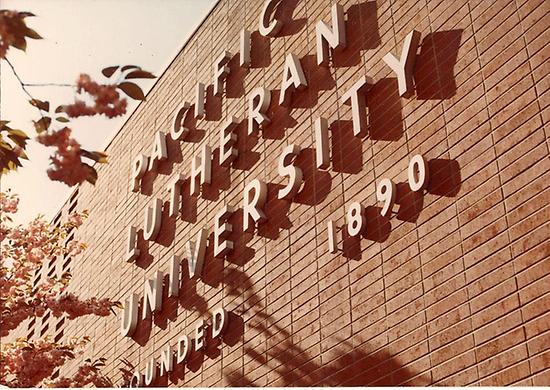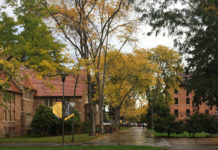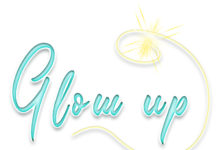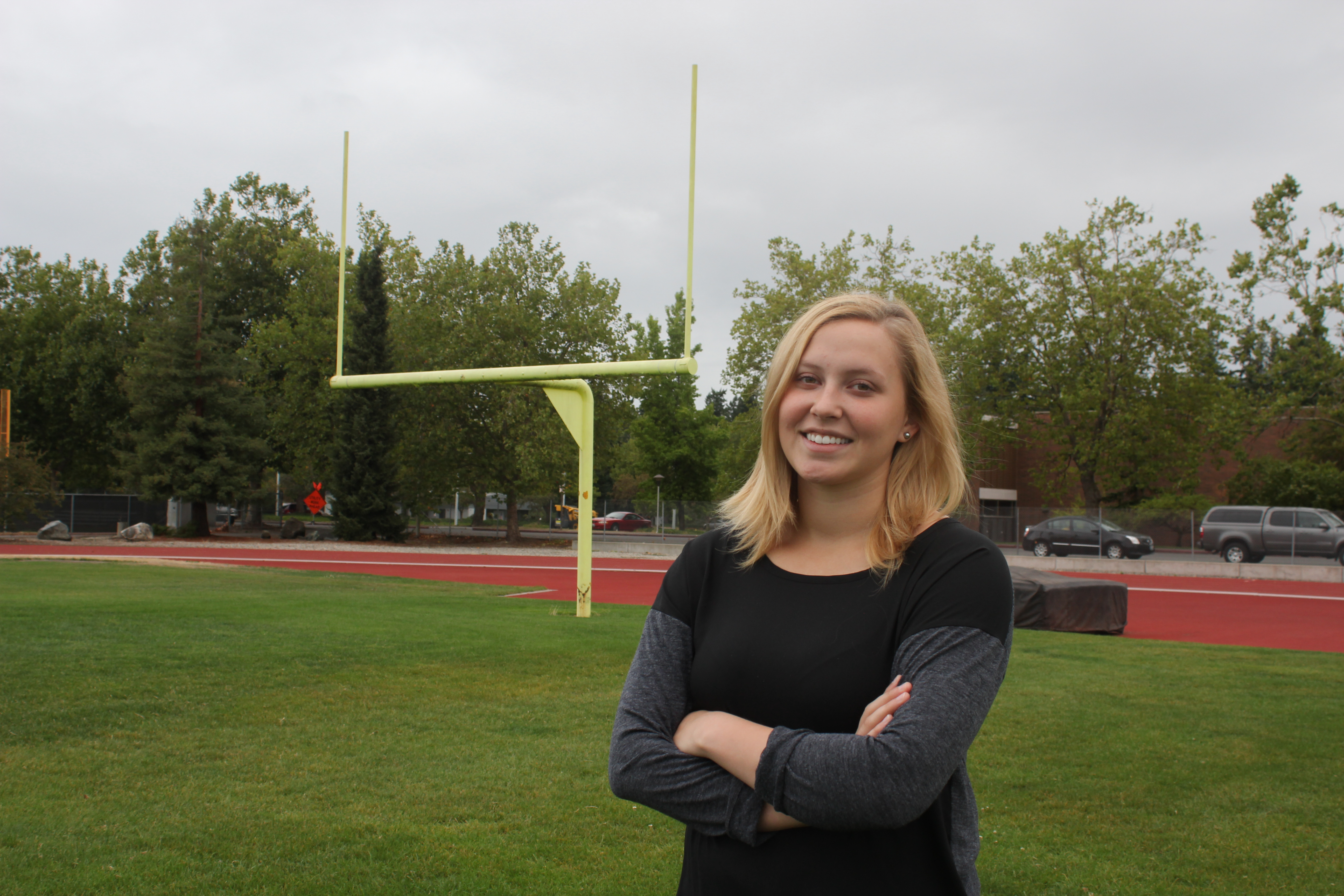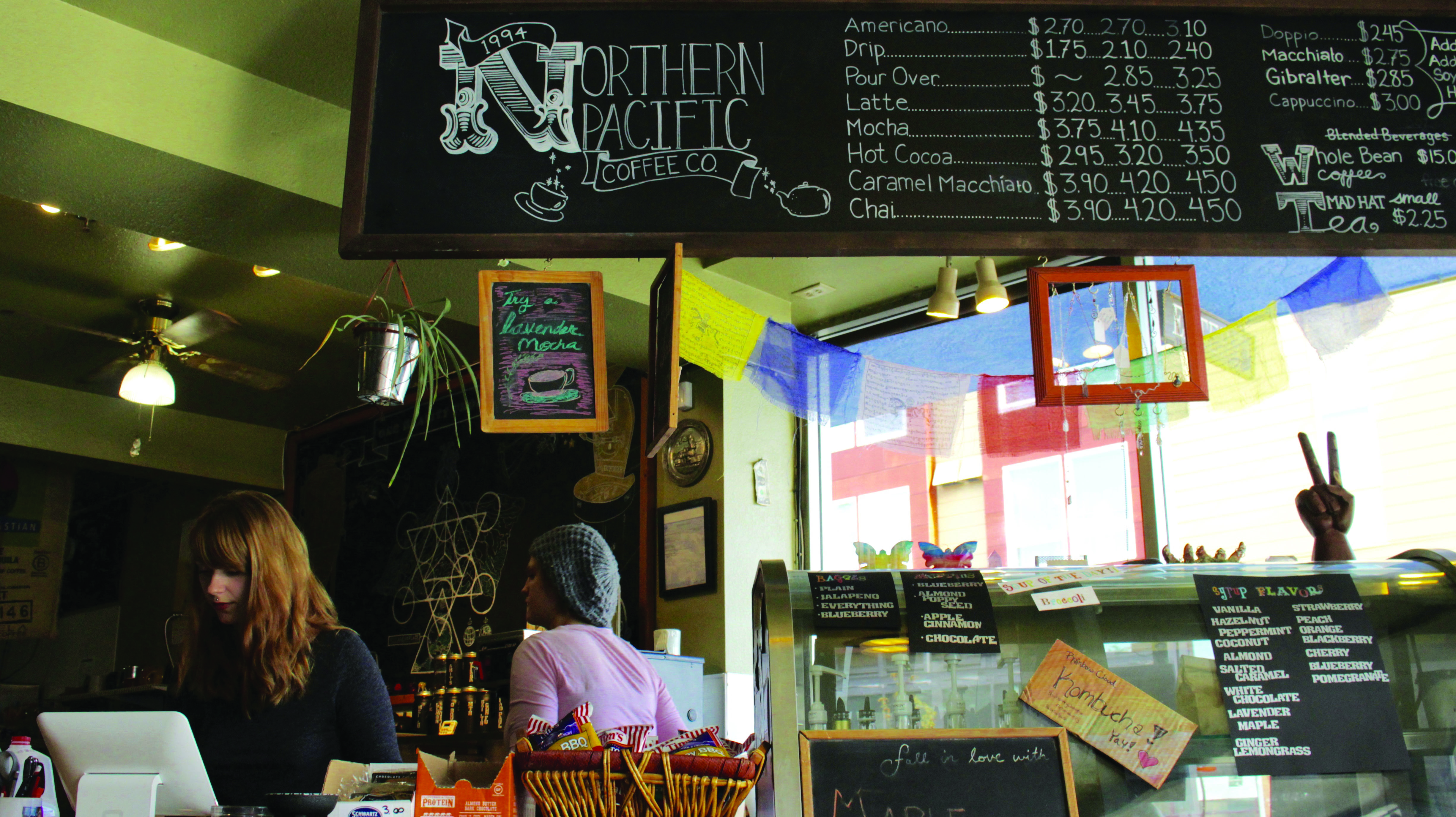ON BEING BLACK…
BY BROOKE THAMES
The other week, my two closest white friends and I stopped to take a look at the Black History Month calendar posted in the University Commons.
I lit up, excited to find out what events were being hosted to commemorate black history and black culture. My glee was short-lived, however, as one of my friends turned to me and asked – deadpan, with no sense of humor whatsoever – when Black History month was.
I felt my eyelids expand to their maximum potential, and I swear I probably looked like someone had pasted googly eyes to my face.
Needless to say, I was shocked.
Like, really shocked.
Then I was just confused. How could she not know that February was Black History Month? How could anyone just forget where Black History Month sits on the Gregorian calendar?
Was she not paying attention in school? Did her teachers do her the injustice of failing to recognize February as Black History Month? Was she just that plain ignorant?
I wondered these things in sequence until I finally remembered that my friend wasn’t black. She doesn’t know when Black History Month is because she doesn’t have to.
She doesn’t have to because she is white.
She doesn’t walk through life hyper-aware of injustices, aggressions and prejudices against persons of color. She doesn’t live life through the perspective of someone whose ethnicity has been oppressed, deprived and disenfranchised for centuries.
I do. I do because – as a young African-American – it’s impossible to look at life any other way.
It’s impossible not to notice when I’m one of the only, if not the only, black person in a room. It’s impossible not to notice the awkward side-glances from my white peers when words like “slavery” and “segregation” are mentioned. It’s impossible to ignore the slanderous, false or completely nonexistent representations of black people in the media.
It’s also impossible to ignore the fact that most white people don’t notice any of these things at all. Just when I start to forget, a scenario like the one I mentioned above never fails to remind me. And my reaction is always the same.
First I’m shocked.
Then I’m confused.
Then I’m angry.
Like, really angry.
Don’t misunderstand – I’m not angry at white people. I wasn’t even angry at my friend for her absurdly ignorant question. Rather, I’m angry at the society that allows and promotes said ignorance.
I’m  angry at the way I am burdened with a history of pain, suffering and abuse that others are allowed to ignore. I’m resentful of how I am made to constantly feel like an “other” among my peers. I’m outraged that those who are the majority are not obligated to recognize, acknowledge and work to reverse the privilege they have earned by the simple virtue of being white.
angry at the way I am burdened with a history of pain, suffering and abuse that others are allowed to ignore. I’m resentful of how I am made to constantly feel like an “other” among my peers. I’m outraged that those who are the majority are not obligated to recognize, acknowledge and work to reverse the privilege they have earned by the simple virtue of being white.
More than that, I’m disheartened by the fact that I’m pressed to stay silent – that I cannot rightfully express these feelings out of fear of appearing as another angry black person.
Let’s be clear: Pacific Lutheran University is a great school, and I can’t imagine earning my higher education at any other institution. Even so, it’s difficult to ignore the poignant feelings I’m bombarded with every day as one of the few people of color on campus.
I think it’s important to acknowledge these feelings and experiences, and bring them to the forefront in hopes that students can start real discussions about race and identity on campus and challenge themselves to step into the shoes of someone else.
ON BEING WHITE…
BY SAMANTHA LUND
Last week I attended a couple Black History Month events on campus, I ended with a forum on black activism and black excellence titled “From Yesterday to Today.”
To put some context around this story, I’m white. I’m very white. I’m blonde, I have blue eyes, one set of my grandparents migrated to the United states from Germany, I have some Irish and Scandinavian ancestry in my bones. Of course, there are parts of me that aren’t as white as I look. I’m hispanic, I grew up with a grandfather who communicated with me exclusively in spanish and I attended a bilingual school in the Arizona desert. I was the only white kid and had to learn spanish to make friends—that’s the closest thing I’ve ever felt to being a minority.
When I walked into the lecture and discussion last Monday, the first thing I thought  was: I’m going to be the only white person here… maybe I shouldn’t be here.
was: I’m going to be the only white person here… maybe I shouldn’t be here.
As I sat and listened to the lecture, then the discussion afterwards, I found that being one of two white students in the room, I was experiencing a lot of what black students experience in class each day. I clearly stuck out, and I felt like it was obvious.
After listening to a handful of stories about students frustrations attending classes in which they were expected to represent their entire race, simply because they are the lone black students on a predominantly white campus, I found myself wanting to apologize for not only all the white students here, but for never realizing how much I take for granted.
If I want to remain unseen on campus, I just dawn a Pacific Lutheran University quarter-zip sweater, some yoga pants and keep my head down for a day. If I want to stand out, I’ll throw on some loud colors or some bright red lipstick. But sitting in this room, I felt what it was like to not control whether I was noticed or not. I was one of two white students in the room, and I felt like I was representing my entire race for two hours. I can’t imagine carrying that weight everyday as I walk into class.
PLU’s diversity numbers are ou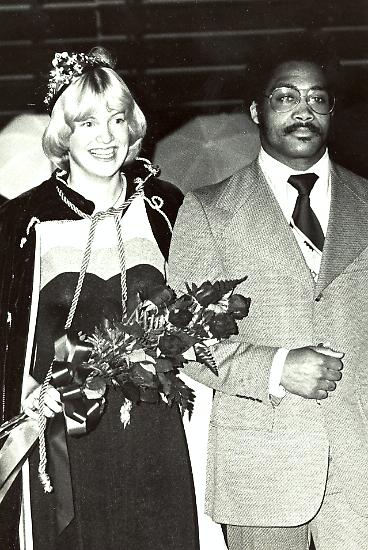 trageous. About 67 percent of our campus is white, the other 33 percent is a mix of hispanics, people of mixed races and black students—who make up a mere 3 percent of the population.
trageous. About 67 percent of our campus is white, the other 33 percent is a mix of hispanics, people of mixed races and black students—who make up a mere 3 percent of the population.
With that, I looked into our faculty situation on campus. There’s one black faculty member. Just one. That’s not only a poor statistic we carry around, but students are at a disadvantage because aren’t getting the “well rounded education” they expect when all their professors are middle-class white people.
I’m glad I went to the lecture. Deep down I’m happy I opened my mind, heard other people’s voices and tried to understand their struggles and victories. I don’t consider myself an ally to black people, I don’t consider myself an activist. I’ve always considered myself a feminist and that was it.
However, while I was sitting there listening to students’ accounts of passive racism around campus I couldn’t help but think that more white students should be sitting with us. If our campus is made up of 3 percent black students, then it’ll take many more people to change campus culture. Even assuming every black student on campus was in the room with me (which definitely wasn’t the case since there were only about 25 people in the room) that would only be a very small part of campus, and we’ll need many more people to step up and help.
“I’m happy I opened my mind, heard other people’s voices and tried to understand their struggles and victories.”
I can’t help but thinking that getting more white students to Diversity Center events, where yes, we might feel awkward, or like we don’t belong, would at least open minds up to how us, as individuals, are being ignorant.
“A white person cannot call themselves an ally,” someone in the room said to thegroup. That’s something they have to earn. They should have to come with references from black people, the group joked.
So I’m challenging you. From one student to the next, to just go to an event, open your mind and engage the black/Hispanic/Asian/Hawaiian/American indian community on campus. It’s not for them, it’s not to help black students—don’t inflate your sense of self by thinking you need to be a self-proclaimed ally—it’s for you. It’s to educate yourself.
CHECK OUT THE FACTS: https://mastmedia.plu.edu/2016/02/27/a-study-in-diversity/
















